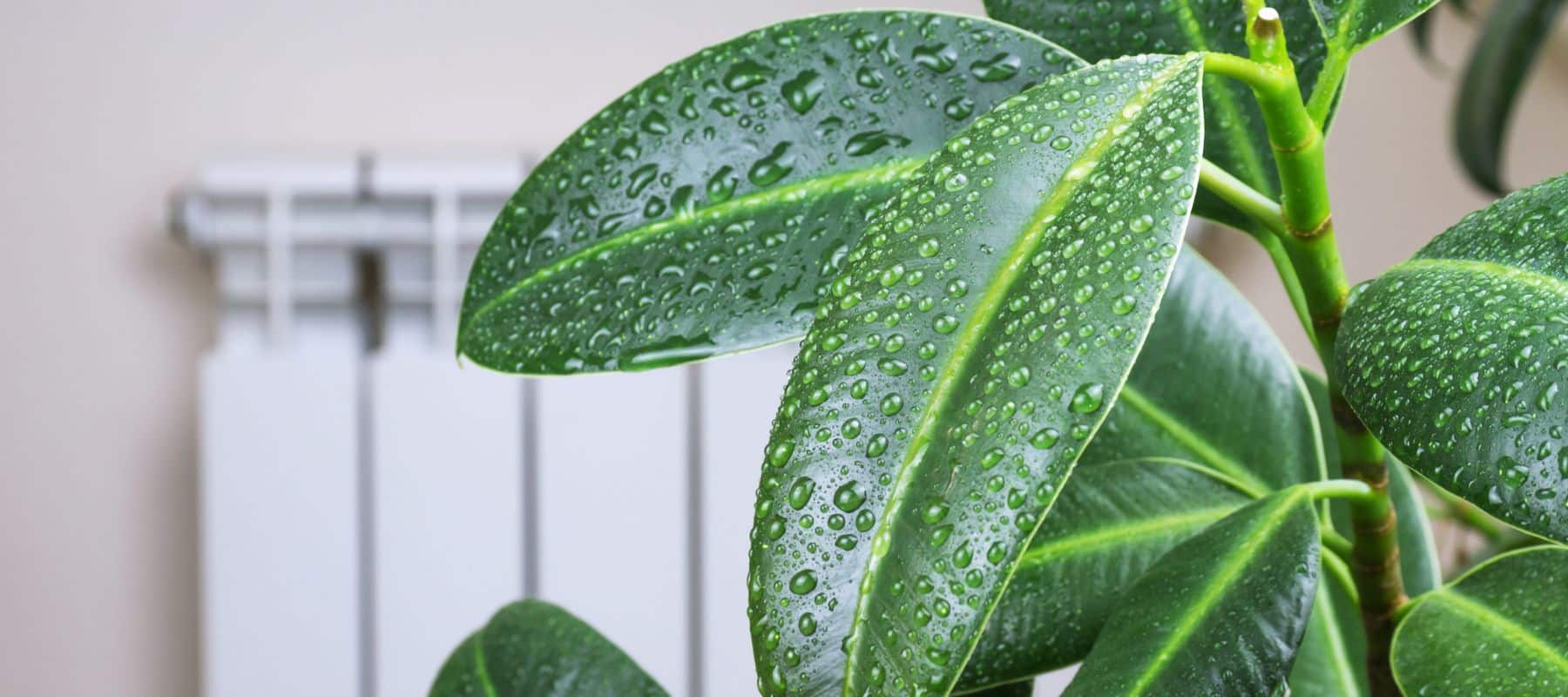Understand The Relationship Between Humidity And Air Conditioning
Achieving the perfect indoor climate goes beyond just setting your thermostat — managing humidity is also crucial! When humidity levels soar, your AC has to work extra hard to keep your home cool, which can lead to problems with your system.
At Thayer Air Conditioning, we’re here to help you understand the relationship between your air conditioner and humidity. Follow along to discover the threat humidity poses to your comfort and how you can mitigate its effects!
How Does Humidity Make An AC Work Harder?
High humidity can wreak havoc on your AC system. When the humidity level is high, your AC has to work harder to remove the excess moisture from the air. This increased workload can lead to several problems:
- Increased wear and tear — Your AC system runs longer cycles to remove moisture, which puts additional strain on its components. Over time, this can lead to more frequent breakdowns and a shorter lifespan for your unit.
- Higher energy consumption — As your AC works harder and runs longer, it consumes more energy, leading to higher utility bills.
- Reduced cooling efficiency — High humidity can make it feel warmer than it actually is, making your AC less effective at cooling your home.
This goes to show that humidity doesn’t just affect your immediate comfort. It can also cause long-term consequences by reducing the effectiveness of your cooling system. Be on the lookout for signs that humidity is affecting your system so that you can take quick action to solve the problem.
Common Signs Your AC Is Struggling With Humidity
If you notice high humidity in your home, this is a clear sign that your AC is being affected. One of the most noticeable signs of humidity is musty odors. This is because excess moisture can lead to mold and mildew growth, causing your home to smell musty and unpleasant.
Another indicator is condensation forming on your windows as high humidity levels can result in water droplets accumulating on glass surfaces. Additionally, if the indoor air feels sticky or clammy, it suggests that your AC isn’t effectively removing moisture, leaving you with an uncomfortable and humid environment.
Identifying these signs early can help you address humidity issues before they cause significant problems for your AC system.
Tips for Managing Humidity Levels
Managing humidity levels in your home can improve your AC’s efficiency and overall comfort. Here are some practical tips to help make this possible:
- Schedule regular maintenance — Regular AC tune-ups help your system run efficiently. Clean filters, coils and drains to prevent moisture buildup.
- Use dehumidifiers — Dehumidifiers can help reduce indoor humidity levels, making it easier for your AC to cool your home.
- Ensure proper ventilation — Be sure your home is adequately ventilated to allow moisture to escape. Use exhaust fans in bathrooms and kitchens.
- Upgrade your AC system — Consider upgrading to a modern AC system with built-in humidity control features to maintain optimal indoor humidity levels.
If you have concerns about the impact humidity has had on your air conditioner’s efficiency, reach out to our team! At Thayer Air Conditioning, we can provide skilled inspections and expert advice.
Keep Your New Braunfels Home Comfortable With Help From Our Team
If you’re experiencing humidity-related problems with your AC, contact Thayer Air Conditioning. Our expert team is here to help you with all your air conditioning needs, ensuring you can keep your home comfortable throughout the season. Reach out today to schedule a consultation or service appointment!







